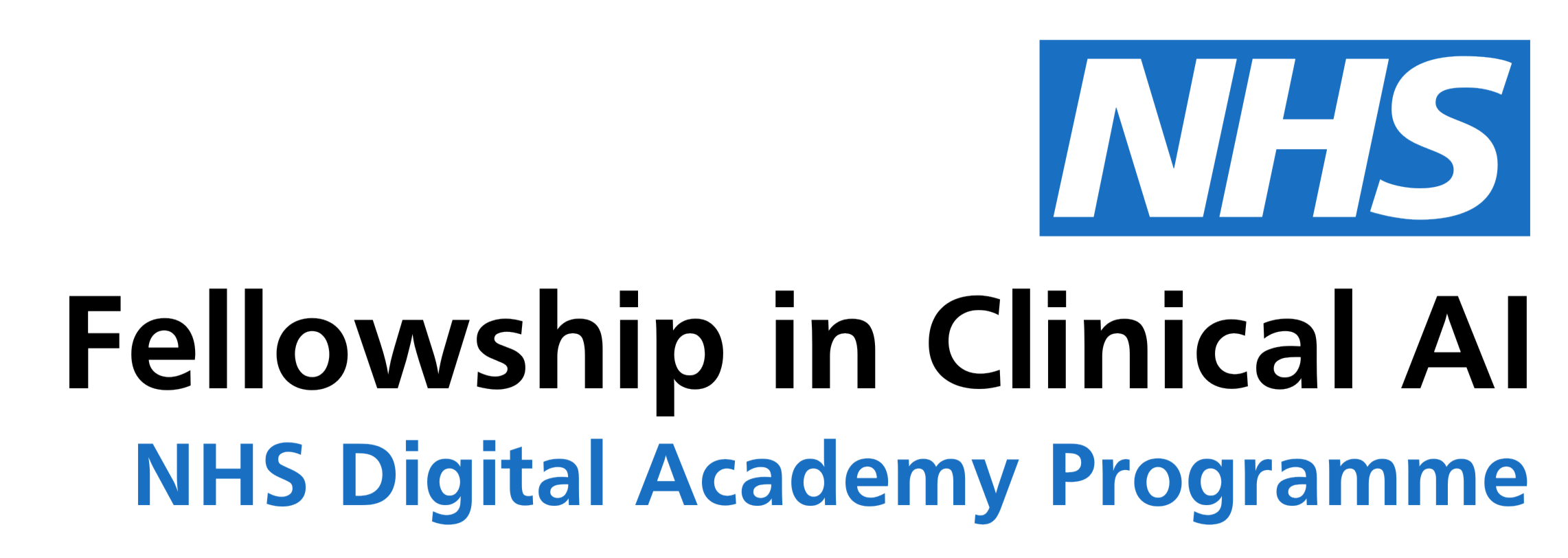
Alistair Heath
Fellow in Clinical AI, Cohort 3
Fellowship Bio
I am a histopathology trainee in north Wales with a special interest in digital pathology and use of artificial intelligence. My focus has been towards streamlining the process of histopathology using artificial intelligence to replace repetitive tasks and assisting reporting.
Fellowship Project
Applying an image recognition neural network to digital images of histology and its application as a triage tool for prioritising routine specimen reporting / deployment of established algorithm for specialist reporting
Betsi Cadwaladr University Health Board
The objective of my project was to source and deploy an innovative AI solution to address a problem encountered by my histopathology department in north Wales. The problem being that specimens submitted as clinically benign would be deprioritised and reported up to 3 months after submission, subsequently 2 in 1000 would contain a malignant neoplasm such as a melanoma or adenocarcinoma, delaying potentially lifesaving treatment. With the specialty currently undergoing digital transformation, routine digital upload of slides provided the perfect opportunity for artificial intelligence to sift through whole slide images and prioritise the unexpected neoplasms. As the project was starting from scratch, my role as project lead started with appraisal of potential AI platforms, conducting stakeholder discussion and interrogation of our lab information system. Once an AI platform was chosen, my role encompassed negotiation between the vendor, department and the various research and improvement departments of my trust. Given the proprietary nature of AI products, I found my experience focused on the administrative challenges of applying for a mandate for trust digital services, filling out applications and gaining approval from information governance and cyber security than the future of writing and testing my own code that I had envisioned. Despite regular and extended delays, we were able to upload 60 anonymised test cases for assessment before progress was halted over concerns from information governance that the company was U.S based. Whilst the algorithm’s performance was impressive and its visual illumination of neoplasms was ergonomic, the project highlighted the challenges of innovating within the NHS. We hope to deploy the algorithm using live cases in the near future.
Fellowship Testimonial
Enrolment in a dedicated program for AI within medicine has been insightful. Through the resources provided I was able to develop my programming skills in python and gain accreditation in data literacy and AI fundamentals. Having a forum with other interested medical professionals provided an approachable learning environment not provided by e-learning courses. I found the critical evaluation of AI models and their deployment particularly interesting, especially when presented immediately before listening to pitches from AI vendors regarding their projects. Experiences varied wildly between cohort fellows, from integration into teams at the development and deployment stage to those beginning with only concepts requiring business case approval. Containing a project within the timeframe is difficult when operating within an organisation as leviathan as the NHS. I hope to utilise my understanding to see the project I started to full adoption in clinical practice and facilitate streamlining of the application process for new AI projects within north Wales.


